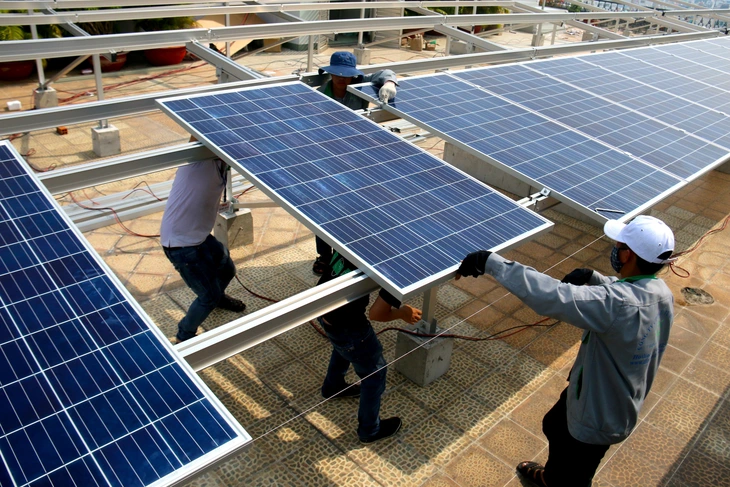
With open mechanisms, people and businesses will increase the installation of solar power on rooftops - Photo: NGOC HIEN
In the coming time, people and businesses will increase the installation of rooftop solar power, helping to increase the use of renewable energy in households and production, but this power cannot be sold to the grid.
Large space for installing solar power on factory roofs
At the seminar on Clean Energy and Solutions to Reduce Electricity Costs for People and Businesses organized by Nguoi Lao Dong newspaper on April 10, Mr. Pham Thanh Truc - Deputy Head of the Management Board of Export Processing Zones - Industrial Parks of Ho Chi Minh City (Hepza) - said that many businesses in industrial parks have installed solar power on their factories.
Recently, Decree 58 (issued in March 2025) detailing a number of articles of the Electricity Law on the development of renewable energy and new energy also does not prohibit the leasing of roofs for solar power installation. Therefore, Mr. Truc said that there is a lot of room for installing solar power on factory roofs, but must comply with new regulations.
Mr. Bui Trung Kien - Deputy General Director of Ho Chi Minh City Power Corporation (EVNHCMC) - said that since Decree 58 was issued, the number of customers installing rooftop solar power systems has increased to nearly 500, mainly large customers with a total capacity of about 46MWp.
According to Mr. Kien, in the near future, large FDI enterprises such as Samsung, factories in the Southeast Industrial Park and domestic enterprises, FDI enterprises in industrial parks will continue to install systems on factory roofs, and it is forecasted that solar power output will increase significantly.
Mr. Dinh Hong Ky - Vice President of Ho Chi Minh City Business Association (HUBA) - commented that the increase in electricity prices creates increasing pressure on businesses, so using clean energy as a supplementary solution to replace electricity from EVN is extremely important. Therefore, Mr. Ky believes that Decree 58 is a "savior" for businesses investing in rooftop solar power.
However, Mr. Ky suggested that the regulations should be adjusted to create maximum conditions for businesses to invest in developing clean energy. With the regulation that only 20% of excess electricity can be sold back to EVN, Mr. Ky raised the issue of being able to adjust and increase this ratio in the future.
640 billion VND needed to install solar power on office roofs
Ms. Nguyen Thi Kim Ngoc - Deputy Director of the Department of Industry and Trade of Ho Chi Minh City - said that Ho Chi Minh City currently has Resolution 98 of the National Assembly allowing the use of public headquarters such as hospitals, schools, etc. to install rooftop solar power.
According to Ms. Ngoc, the Ho Chi Minh City Department of Industry and Trade is coordinating with relevant departments, agencies, sectors and units to implement this project. It is expected that about 50% of public headquarters will participate, with a total of 430 buildings and a total cost of more than 640 billion VND.
Mr. Nguyen Quoc Dung - Head of Business Department of Vietnam Electricity Group - said that there are times when EVN has to mobilize very expensive electricity sources such as oil-fired electricity, with costs up to 4,000-5,000 VND/kWh.
Therefore, when developing rooftop solar power, people and businesses can provide part of their own electricity. This helps the electricity industry reduce the pressure to mobilize expensive electricity sources, bringing benefits to the entire system and contributing to reducing pressure on electricity prices.
For businesses, Mr. Dung said that developing rooftop solar power according to the self-production and self-consumption model will help businesses immediately reduce electricity purchase costs. Especially during peak hours, when the power system is under a lot of pressure, the rooftop solar power system generates at an optimal level, helping businesses reduce production costs and save electricity costs in the long term.
Why control surplus electricity sold to the grid?
With the regulation allowing 10-20% of excess electricity to be sold back to EVN, Mr. Dung said that although businesses and people have carefully considered the optimal capacity when installing solar power systems, there is still a possibility of excess electricity output at some point. To address this situation, the State has issued a clear policy in Decree 58, allowing the installer to sell the excess electricity, about 10-20% of the total capacity, to the electricity industry at a suitable price.
"This regulation is intended to partially offset investment costs and at the same time contribute to saving general costs for society," said Mr. Dung.
Source: https://tuoitre.vn/cac-ong-lon-fdi-sap-lap-dien-mat-troi-o-nha-xuong-san-luong-dien-tai-tao-se-tang-20250410153354976.htm


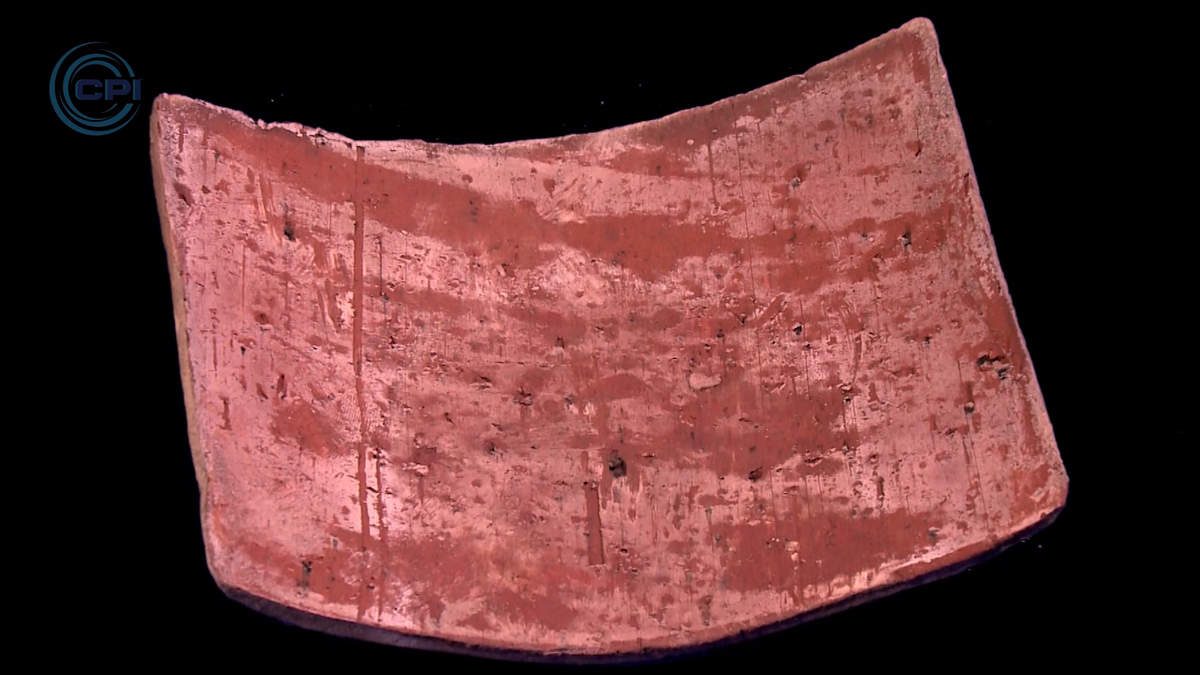
![[Photo] The moment Harry Kane lifted the Bundesliga trophy for the first time](https://vphoto.vietnam.vn/thumb/1200x675/vietnam/resource/IMAGE/2025/5/11/68e4a433c079457b9e84dd4b9fa694fe)






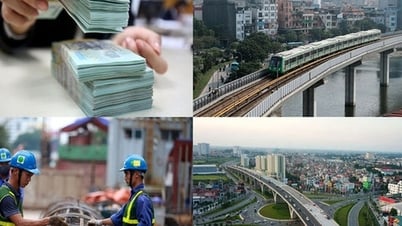
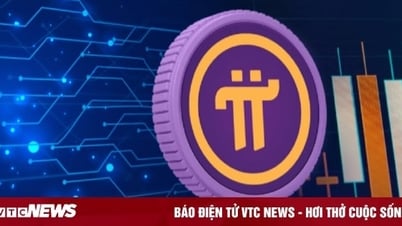
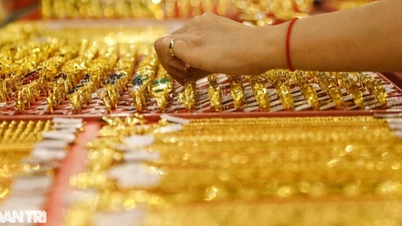














































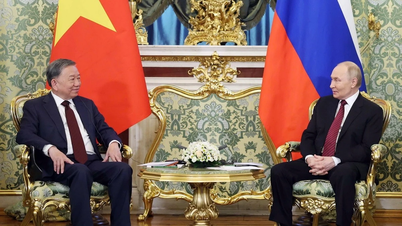

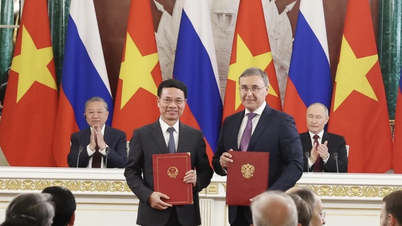
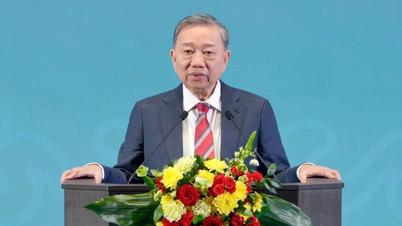


















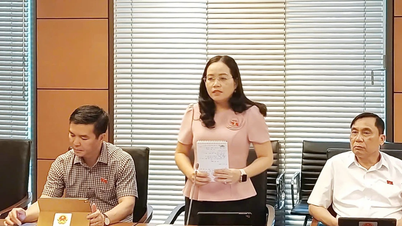

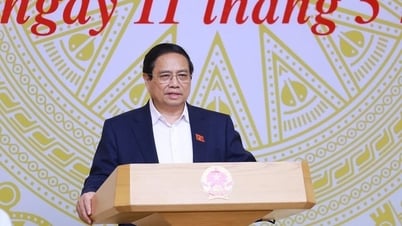











Comment (0)